revengeporn
Latest
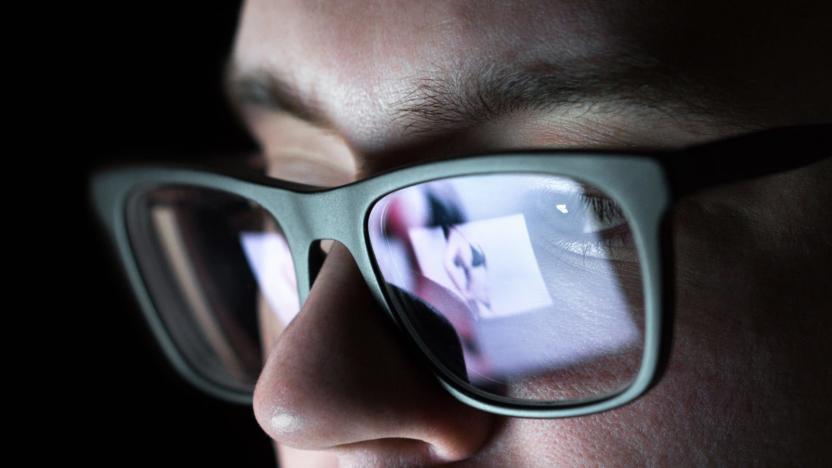
Facebook expands controversial revenge porn prevention to more countries
Facebook's experimental tool for fighting revenge porn is now available beyond Australian borders. The social network is now testing its "proactive reporting"system in the US, UK and Canada, giving people a way to prevent harassment and humiliation before it starts. As before, though, it requires placing a significant amount of trust in Facebook.

Dutch police seize revenge porn site Anon-IB
Dutch police have seized revenge porn site Anon-IB, Motherboard reports. The site currently redirects to a Dutch police force website with an image stating, "Cybercrime teams from the Dutch police have seized the Anon-IB forum in an ongoing investigation concerning criminal offenses. More information concerning this investigation will be made available on April 26, 2018 on www.politie.nl." A spokesperson for Politie -- the Dutch police force -- told Motherboard that no Anon-IB administrators had been arrested yet but some users of the site had been brought in.
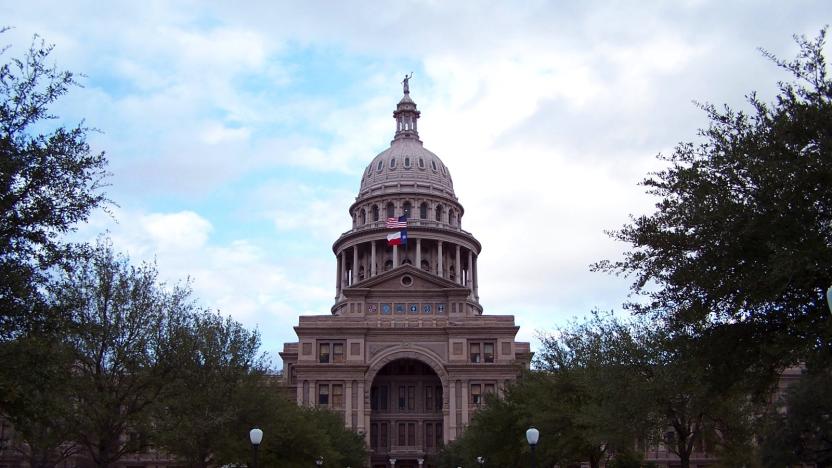
Texas court rules 2015 revenge porn law is unconstitutional
Revenge porn is getting attention across the nation as state, regional and even federal lawmakers wrestle with how to deal with the practice of posting private, intimate photos of people without their permission. A 2015 Texas law that made revenge porn a misdemeanor with up to a year of jail time and a $4,000 fine was struck down by the 12th Court of Appeals as violating the First Amendment. The court also dropped a charge against Jordan Bartlett Jones, who challenged the law after he was denied a Writ of Habeas Corpus last year.

Researchers use machine learning to quickly detect video face swaps
We all know that AI can be used to swap faces in photos and videos. People have, of course, taken advantage of this tool for some disturbing uses, including face-swapping people into pornographic videos -- the ultimate revenge porn. But if AI can be used to face swap, can't it also be used to detect when such a practice occurs? According to a new paper on arXiv.org, a new algorithm promises to do just that, identifying forged videos as soon as they are posted online.

AI-powered face swapping has taken a dystopian turn
As if the issues like revenge porn and AI-powered facial recognition searches weren't creepy enough, a Motherboard report reveals yet another unsettling use of technology: "deepfakes." Within a month of locating a Redditor who used machine learning to swap pictures of mainstream actresses onto the bodies of women performing in porn movies, the outlet has found people using an app based on his techniques to create videos using images of women they know.

YouTuber wins damages in landmark UK revenge porn case
YouTuber Chrissy Chambers has won damages in a landmark legal case against a former partner who posted revenge porn online. The vlogger was dating a British male — who remains anonymous as part of the settlement terms — in 2009 when several sex videos were filmed without her knowledge. They were then posted to RedTube and several other porn sites in 2011, after the pair had broken up and Chambers had come out as gay with singer-songwriter Bria Kam. The timing of the uploads meant that new laws criminalizing revenge porn weren't applicable. As a result, Chambers had to win her case on quite different legal grounds.

Facebook settles out of court in unique revenge porn case
Facebook may have left itself wide open to whole heap of legal headaches after it recently reached an out-of-court settlement in a revenge porn case. Between late 2014 and early 2016, the naked picture of a 14-year-old girl from Northern Ireland was repeatedly shared to a "shame" page on Facebook. Police are said to have failed to act fast enough to build any kind of case, so the girl, who said she was blackmailed into sharing the image in the first place, sued the alleged perpetrator and Facebook instead. After exhausting efforts to get the case dismissed from the High Court, Facebook negotiated a confidential settlement with the teen, which is thought to be the first time anyone has achieved the slightest success in a suit of this kind.

US Senate and Navy computers tied to revenge porn site
The Daily Beast reports today that a number of users of revenge porn site Anon-IB appear to be connecting from government computers. Einar Otto Stangvik, a security analyst with Norway's VG newspaper, was able to pull IP addresses from the website and they showed that a number of Anon-IB commenters and posters were logging on through IP addresses belonging to the US Navy, the US Senate, the Department of Energy and the Executive Office of the President.

Senators introduce bill to criminalize revenge porn
Senators have introduced a bill today which, if passed, would establish federal criminal liability for those sharing revenge porn. The bill, Ending Nonconsensual Online User Graphic Harassment (ENOUGH) Act of 2017, will address what Congressperson Jackie Speier calls a "gaping hole in our legal system".

The naked truth about Facebook’s revenge porn tool
Facebook has announced it's trialling a tool in Australia to fight revenge porn on its platform, one that requires victims to send the company a copy of the violating images. Amazingly, this is true, and not a Clickhole story. It's the kind of thing that makes you wonder if there are human people at Facebook, and do they even understand what words mean? Because as we unravel the details of this tool -- totally not conceived by actual robots or a company with a zero percent trust rating among users -- we realize it's a very confusing tool indeed.
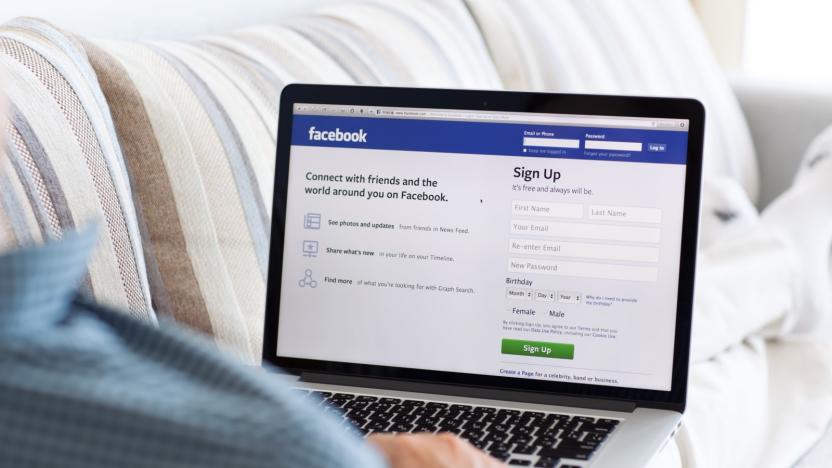
Facebook explains bizarre revenge porn prevention program
When Facebook revealed its experimental porn prevention program in Australia, it raised a lot of eyebrows. After all, you'll first need to upload your sensitive images if you don't want them to get posted by anybody else. Now, Global Head of Safety Antigone Davis has defended the test feature in a post that also explains how it will work in detail. She clarified that it's "completely voluntary" and that Facebook will still remove any intimate images you report, hash them and prevent them from being uploaded again. This method is merely an "emergency option" for people who want to proactively prevent their photos from being shared.

Facebook's revenge porn prevention test has users upload photos
The Australian government and Facebook have teamed up in the fight against revenge porn. As the Australian Broadcasting Corporation reports, alongside Australia's Office of the eSafety Commissioner, Facebook has launched a pilot program aimed at not just curtailing the spread of revenge porn once it begins, but preventing it altogether.
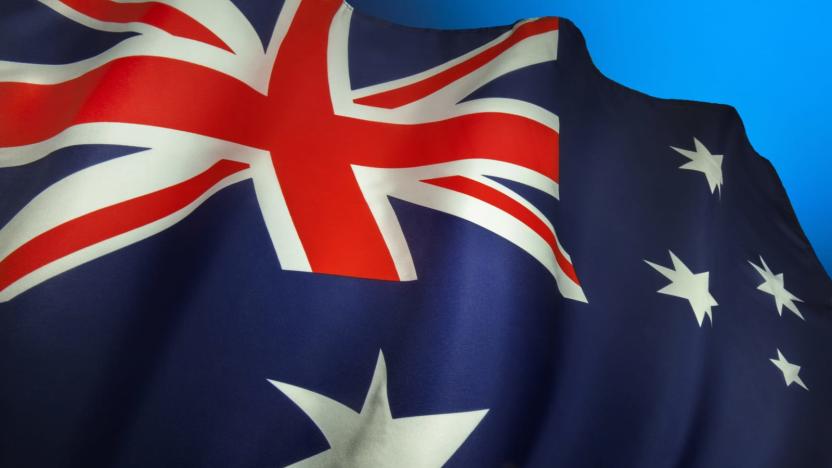
Australia tackles revenge porn with a national reporting tool
Companies like Microsoft, Google, Twitter and Facebook have in the past made attempts to help victims of revenge porn, but it's still a big problem as recent incidents have made very clear. Well the Australian government has been working on a way to address the issue, Gizmodo reports, and the result is a national portal to help victims of revenge porn.

Twitter proved its priorities are screwed up with just 280 characters
Yesterday, Twitter announced that it would experiment with doubling the character limit in tweets, making the jump from 140 to 280 characters. And, as expected, it didn't take long for people on the internet to start critiquing the move, which is available only to a "small group" for now. Most of the feedback so far seems to be negative, and some are saying it's further evidence of Twitter's reluctance to confront larger issues. Instead of focusing on creating better tools for reporting harassment or acting faster to remove abusive content, the company is rolling out a feature that the majority of its users simply didn't ask for.
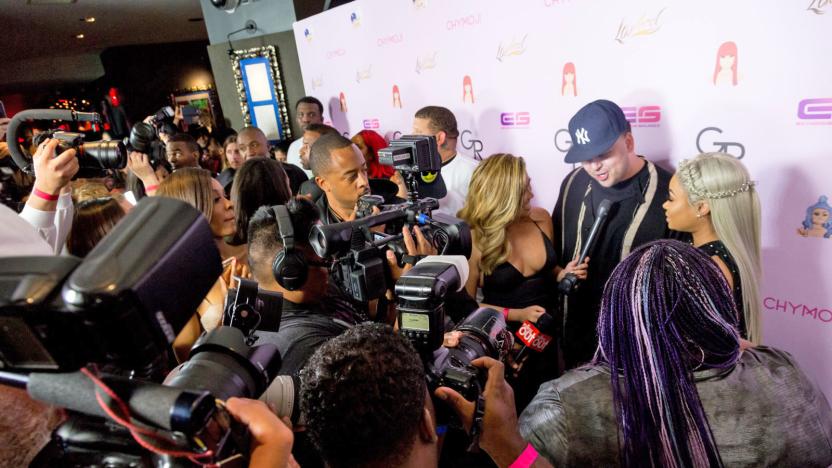
Rob Kardashian’s revenge porn is social media’s latest headache
Members of the Kardashian-Jenner family, like Kanye West's wife, Kim, and model Kendall, didn't become famous by being afraid of the spotlight. Heck, their reality TV show, Keeping up with the Kardashians, centers around every move they make in their personal and business lives. But that celebrity status arguably requires some degree of responsibility. And that's something Rob Kardashian failed to exercise when he posted explicit photos and videos of his ex-girlfriend Blac Chyna on social media last week.
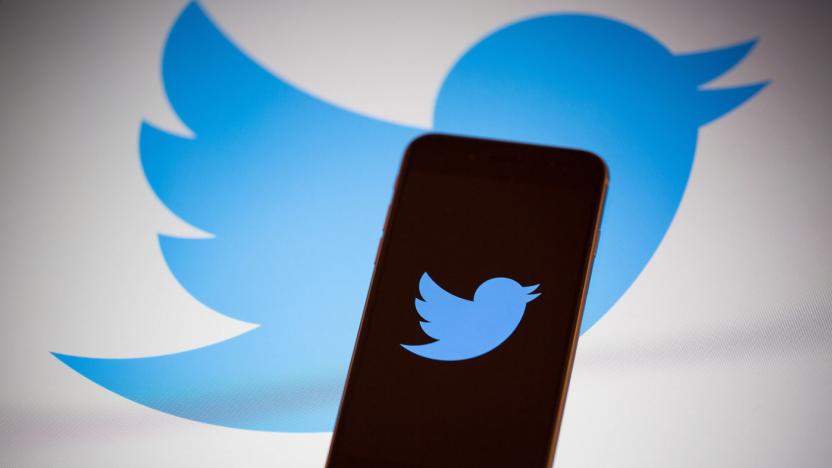
Twitter left high-profile revenge porn live for 30 minutes
A verified Twitter user with 7.33 million followers shared nude photos of his ex-girlfriend, seemingly without her permission and as a form of public shaming -- and the images remained live on the site for 30 minutes, Business Insider reports. The images were shared by Rob Kardashian, first on Instagram and later on Twitter, where they were viewable for half an hour before disappearing. It's unclear whether Kardashian removed the images himself or if Twitter stepped in. His Twitter account is active and tweets related to the images are still live.

Proposed bill would make doxxing a federal crime
While many internet harassment tactics, such as doxxing and swatting, are considered illegal under state criminal laws, the coverage is often indirect. More often than not, law enforcement has difficulty identifying and prosecuting these types of crimes. But now, Representatives Katherine Clark (D-MA), Susan Brooks (R-IN) and Patrick Meehan (R-PA) want to criminalize these behaviors at the federal level with the Online Safety Modernization Act of 2017.
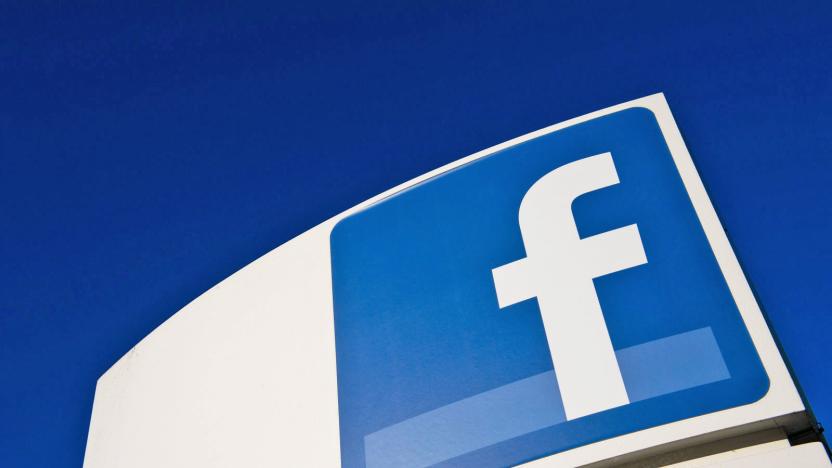
Facebook is dealing with a massive revenge porn problem
If it wasn't already apparent that Facebook faces a lot of challenges when grappling with sensitive material, it is now. As part of a slow but steady file leak, the Guardian has revealed that Facebook has faced at least one recent surge in revenge porn and sexual extortion cases -- 54,000 potential cases just in January. The company ended up disabling over 14,000 accounts involved in these disputes, 33 of which involved children. It's not clear how this compares to other periods (Facebook doesn't divulge specific figures), but that's no small amount.
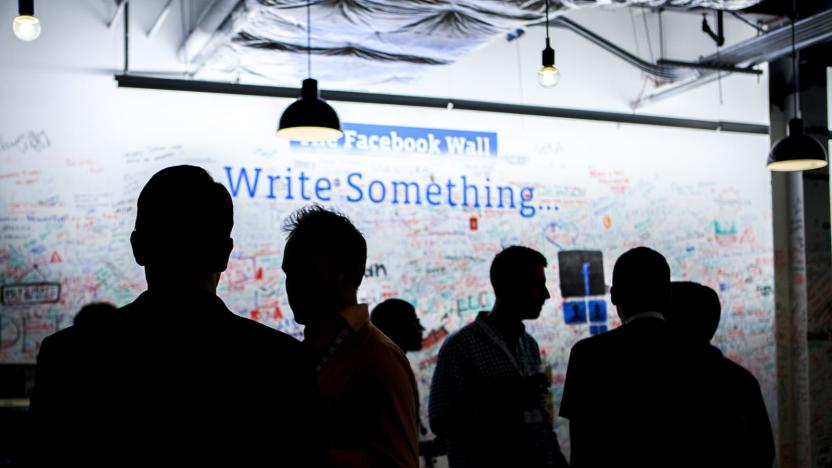
Leak reveals Facebook's rules for controversial content
It's no secret that Facebook's judgment calls on risky content are sometimes more than a little problematic. But just what are the rules guiding those decisions? You'll know after today. The Guardian has obtained leaked copies of over 100 internal documents outlining Facebook's rules for handling sensitive content, and it's clear that the social network is struggling to walk a fine line between freedom of expression and protecting users. At least some of it is understandable, but there are areas where its decision-making might rub you the wrong way.

Facebook helps you prevent the spread of revenge porn
Revenge porn is difficult to fight. Even if you successfully get the photos pulled, it's all too easy for someone with local copies to upload them again. Facebook thinks it can help. The social network is launching tools designed to keep revenge porn offline and prevent an already bad situation from getting worse. You can report photos shared without permission, of course, and Facebook will both remove them and (typically) disable the accounts that posted them. However, the most important part is what follows next: Facebook uses photo matching to prevent people from sharing the shots again, including on Instagram and Messenger. You won't have to constantly police Facebook to make sure the images stay down.











